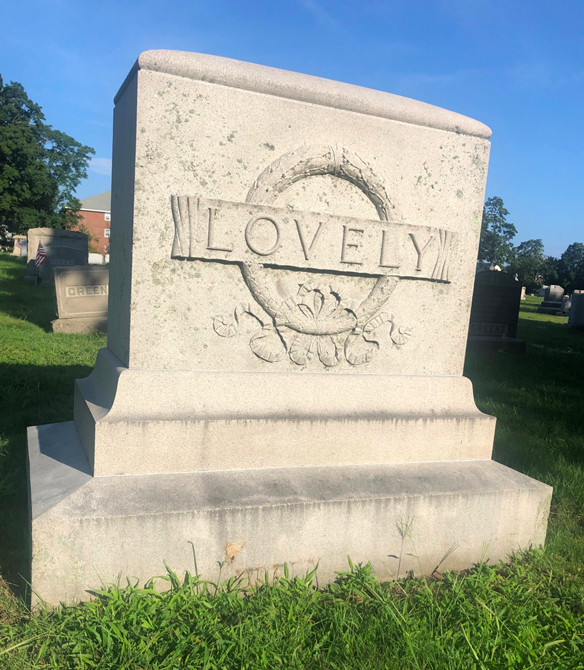The human condition: We’re born, and it takes us a few decades, more or less, to learn how to fly. Fortunate circumstances and luck may be our lot. Perhaps the flight isn’t too turbulent and the food is plentiful; maybe we even have some fun, get to help some people, make a bit of money, and teach others to be pilots. Before we know it, our plane is heading to its final destination. Sometimes, it’s a mayday situation and the plane crashes. Most of the time, we find ourselves on a glide path to oblivion. Timetable unclear; destination unknown. Lovely? Maybe.
This metaphor may be particularly apt these days when so much death and peril are ‘in the air.’
Some physicians, young and old, seem to be at a loss. One leaves medicine altogether to become a “career pivot coach,” positioning herself as the bestselling author of Residency Drop Out. An ER doc who retired from medical practice a few years before Covid-19, described her malaise and angst in A Pandemic of Lights (JAMA, 8/10/21 pp. 481-482). “
I don’t care how safe someone says it is,” she writes, “I no longer want to be near another human being.” She then reflects, “My career as an emergency medicine physician brought me into an intense life…..I was not afraid of anything….I wonder if I am so frightened [now] because I am a physician.”
It IS frightening to be a physician these days. Although parachuting out of medicine may help the individual, this worrisome trend is exacerbating shortages in underserved areas (precisely where the pandemic seems to be picking up steam).
One countermeasure is to provide more breathing room, more opportunities for support to doctors and nurses on the front lines of the health care system. Although circumstances may force these highly trained professionals to operate like assembly line workers, the challenge of sustaining life and forestalling death is so consequential and inherently stressful that more time to reflect, recover and reboot may be salutary.
All too often, we physicians wait too long to address occupational stresses and mental health challenges. Our uneven system, which was stretched, stressed and strained even before the pandemic, may, at times unwittingly reinforce this unhealthy tendency.
The following de-identified case is by all means not unique. My friend’s father, an OR hero, had been revered for his excellent surgical skills, along with his charm, boundless energy and, shall we say, a ‘healthy’ ego. His chronic hypomania had been escalating for weeks, but nobody could stop him from operating, nor prevail upon him to get the help that he desperately needed. He was hospitalized and stabilized on lithium only after he was tackled and pinned on the floor when his misguided grandiosity came close to killing a patient during an unnecessary and risky procedure. Until his fall from grace, his workaholism had been repeatedly lauded and rewarded by the academic medical center where he was viewed as a superstar.
We’re just now beginning to take physician mental health, occupational stress, and burnout, more seriously. The American College of Graduate Medical Education (ACMGE) has set an example by requiring accredited training programs to provide accessible mental health services to all medical residents. And the non-profit organization Emotional PPE has created a national database of mental health providers who are available to assist doctors and nurses. It’s time for the other institutions that comprise our healthcare system to step up and provide non-stigmatizing, accessible coaching and mental health benefits to front-line professionals.
Now back to that flight from cradle to grave. The planes of ‘physician pilots’ are generally full: so many patients, healthcare teammates, and family members on board. So much is happening on the plane, so many potential problems on the radar. It helps to have co-pilots, it helps to be in touch with ground control. Skilled leaders, mentors, coaches, and therapists can all lend a hand. Successful and effective ‘physician pilots’ are the ones who make timely use of available supports.
Photo: Dr. Steve Adelman




